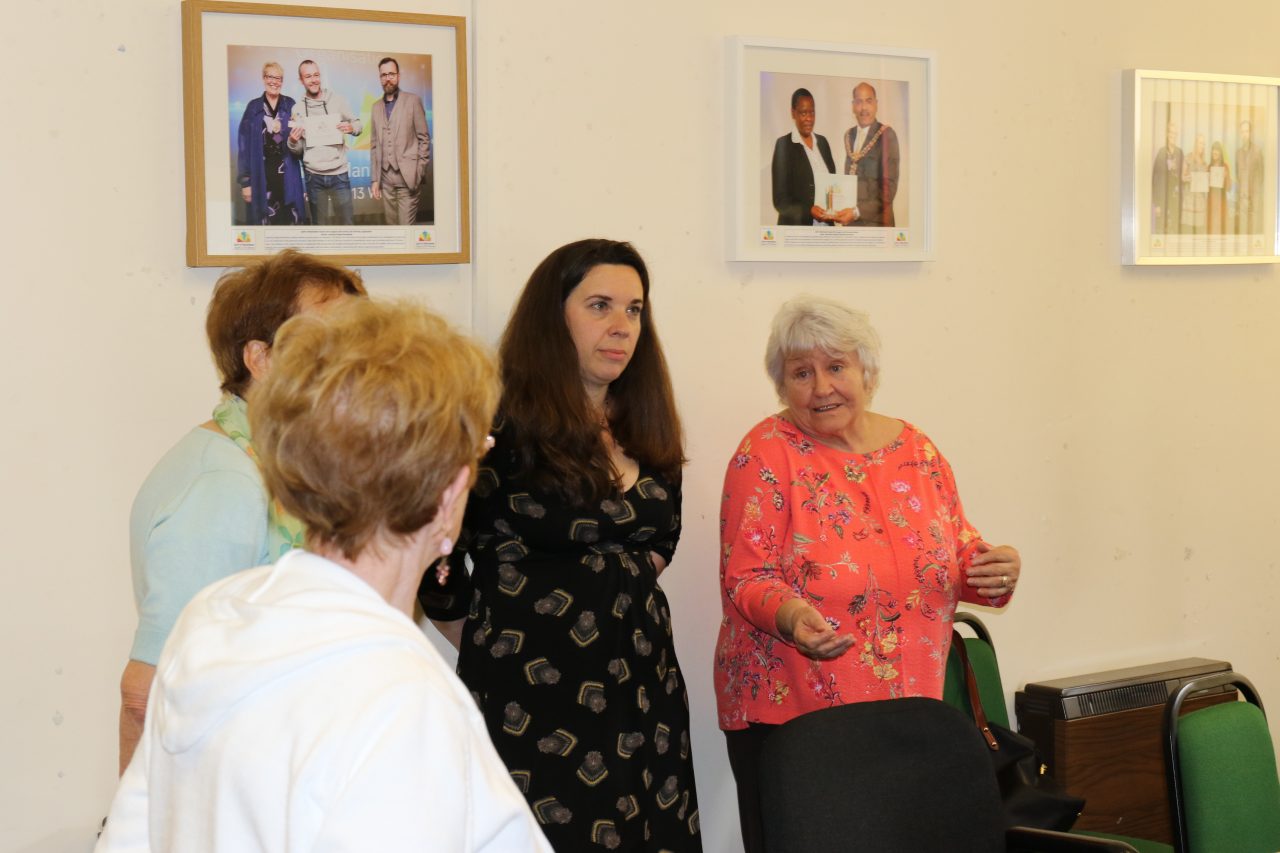
Here’s the thing. For a country that calls ourselves the ‘United Kingdom’, we sure aren’t very united right now.
So many of our divisions are centred around our economy. We’re divided on Brexit, but also on public spending, trade, automation, immigration, house prices, the gig economy, inequality, welfare and pensions. And often these divides are widened by politicians and media that speak in a way that is confusing, one-sided, or dismissive of any opposing views.
At Economy, we think the only way to bridge the divide and start the healing process is to create space for reasoned, respectful and inclusive dialogue. We want to bring this into politics, the media, academia, business and - most importantly - communities.
We’re calling it a National Conversation.
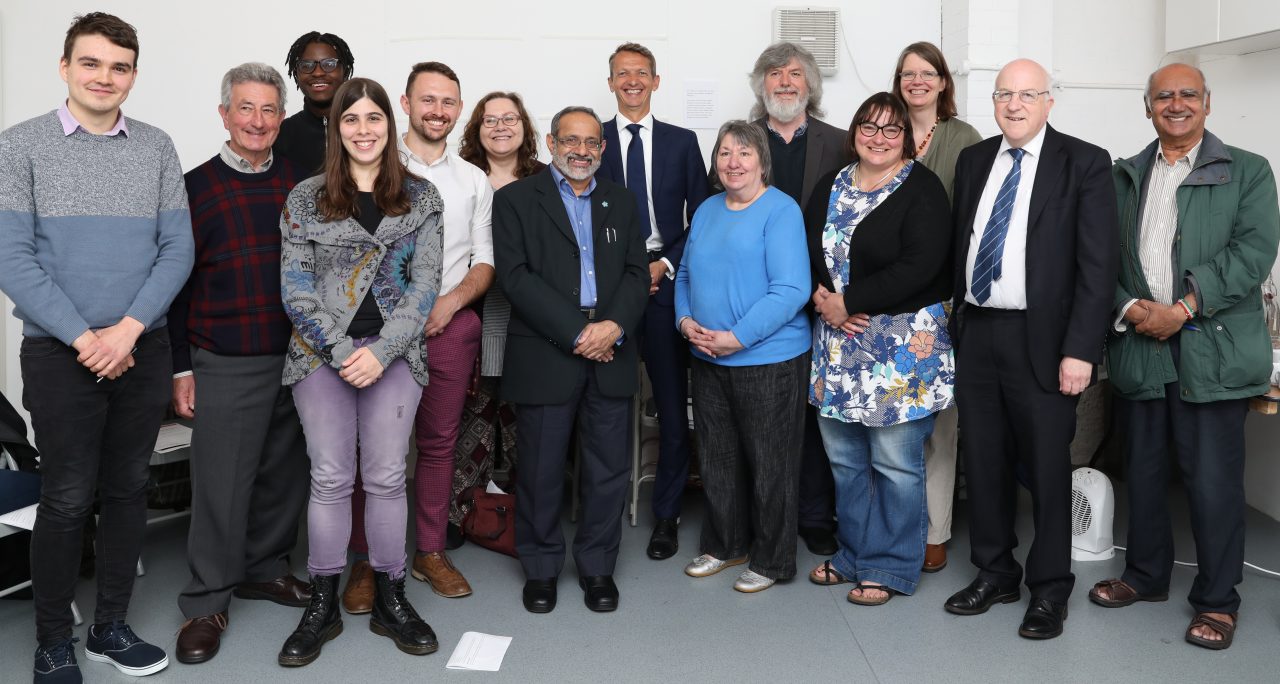
What do we mean by a ‘National Conversation’ on the economy?
We mean a discussion in which everyone can articulate what matters to them and everyone can debate how we build an economy which provides these things.
A National Conversation is:
- Inclusive - everyone in the UK can get involved
- Politically broad - including views and beliefs from all different political perspectives
- Respectful - of all individuals regardless of their social group, and of opinions which differ from your own
- Diverse - giving an equal platform to social groups who are underrepresented in current economic communications
- Understandable - conducted in jargon-free, everyday language of the sort real people speak in
- People-led - based in our everyday experiences, stories and lives

Why is having a National Conversation important?
The economic policy of our country matters. It can affect the jobs we do, the money we earn, the type of place we live in, and the cost of the food on our table, amongst much else. Plus, we’re at a pivotal moment in our economic history where several things - Brexit, technology, climate change - are about to fundamentally reshape the way our economy looks.
That’s why it’s so important for all of us to have a say in what our economic policies are. But at the moment, most of us are shut out of the conversation.
Yes, we live in a democracy and yes, many of us are given the option to lend our vote in support of a specific set of economic policies laid out in each political party’s manifesto. But in many ways, this current system isn’t doing enough to make a meaningful difference.
➤ It excludes young people, prisoners and the people who live and work here but don’t have British citizenship.
➤ It does nothing to increase the economic literacy of the 61 percent of Brits who feel economics is discussed in an “inaccessible way that makes it difficult to understand”.
➤ It doesn’t include the politically disengaged, who are disproportionately likely to be young, disabled, ethnic minority, unskilled workers or long-term unemployed.
We can engage more people in economic debates if economics feels understandable, changeable and relevant to their lives.
And if we engage more people in economic debates we can demonstrate to politicians and the media that people without any background in economics or much formal education can, with some support, make enormously compelling economic communicators because they are better at relating economics to everyday life and they are more likely to look and sound like the audience they are communicating with.
That’s what the National Conversation is all about.
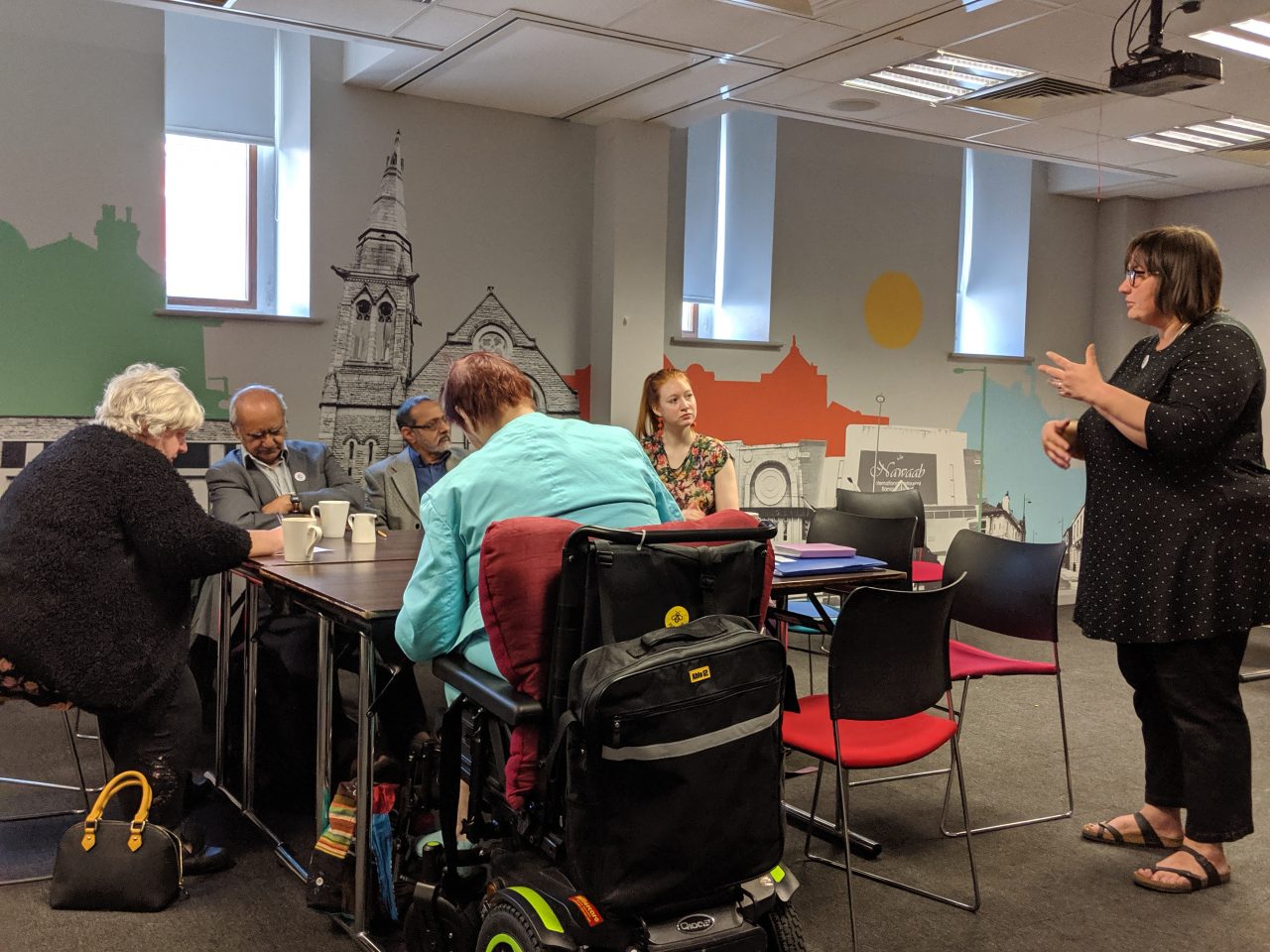
But won’t people always disagree?
Yes, always. Every economic idea and policy has winners and losers, so we’ll never be able to create an economy that everyone thinks always works perfectly for them. But we think we can make an economy that works much better for everyone if we start to talk to each other more, listen to each other more, and compromise with each other more.
Good conversations come about when we’re all open to the possibility of having our opinions challenged and changed. And it’s much more difficult to appreciate where someone is coming from if we never ask them why they think that way.
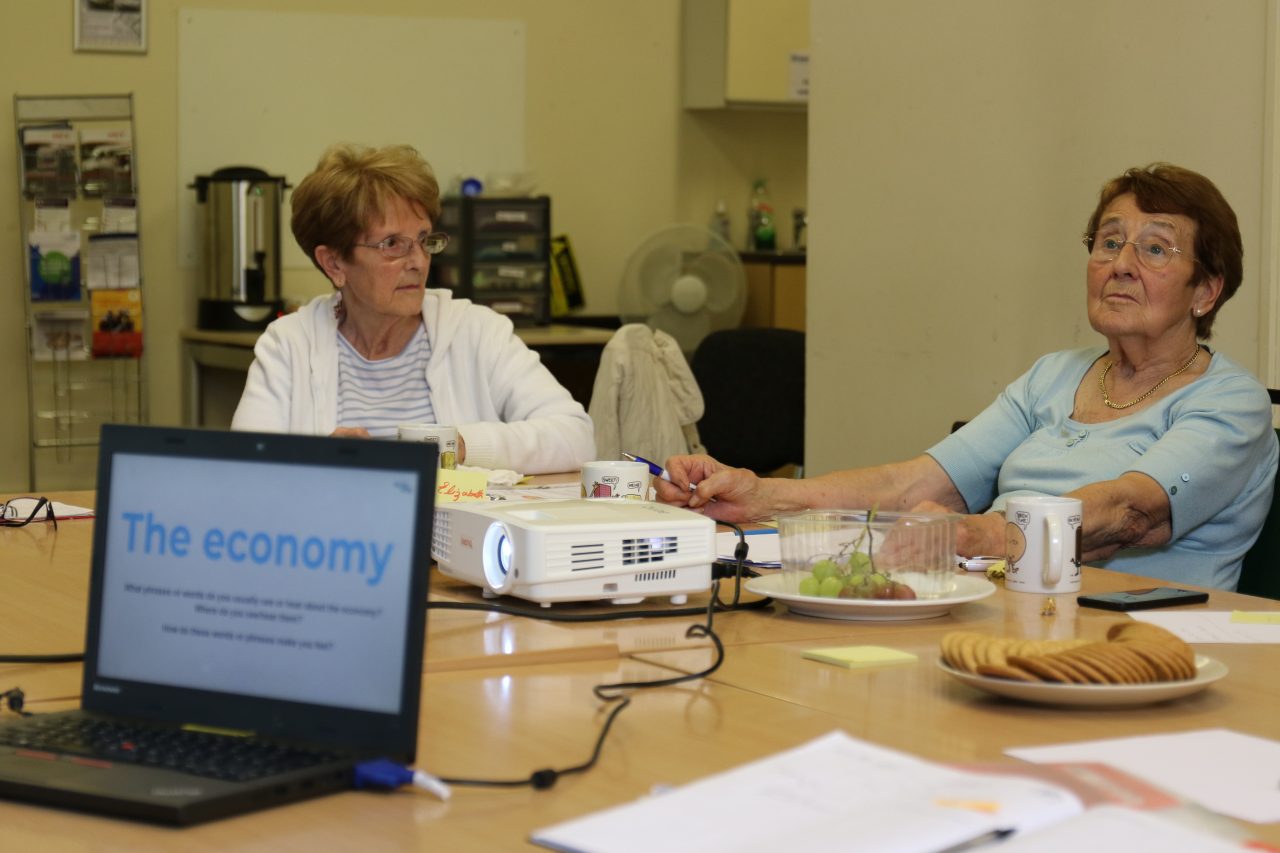
What practical things will Economy do to bring a National Conversation about?
In the next few months, we’ll be launching the National Conversation by doing the following:
- Creating and piloting pop-up spaces where people can come to talk about economics with us and with each other (the first of these will be held in Manchester on July 10th).
- Creating and piloting newspaper pull-outs with jargon-free news, analysis and stories on everyday economics, which will be distributed in mainstream newspapers (the first of these will go out in the Manchester Evening News on July 9th).
- Facilitating meetings between everyday people and economic experts, to give both parties the chance to hear and learn from the other (the first of these was held with the Chief Economist Andy Haldane and some of our Manchester Crash Course participants on June 11th).
- Holding video workshops in which participants can use their smartphones to capture their economic realities and share their stories with others.
- Creating resources that help people to learn economic basis in an easy-to-understand and pluralist way, and making said resources freely available on our news platform
- Working with the media, politicians, charities and other partners to spread the idea of a National Conversation on the economy and secure their support.
Further down the line, we’re looking at:
- Young Economy Spokespeople - We’ll search for 30 or so young economy spokespeople from across the UK and support them to report on the economy for a year (a kind of journalism/media apprenticeship).
- Citizen Economists - These will be people from diverse backgrounds who can provide case studies, interviews and comment pieces for local and national news.
- Finding Economics’ David Attenborough – We’ll conduct a public search for excellent economics communicators and then support them to produce content.
- Interactive Games/Activities – Learning and building on past attempts including the Great British Class Calculator and House Price Calculator.
- Takeover of Traditional Programmes – Such as a special edition of Question Time or the Today Programme presented by an engaged celebrity popular with young people like Stormzy or Professor Green and filmed in a café or pub.
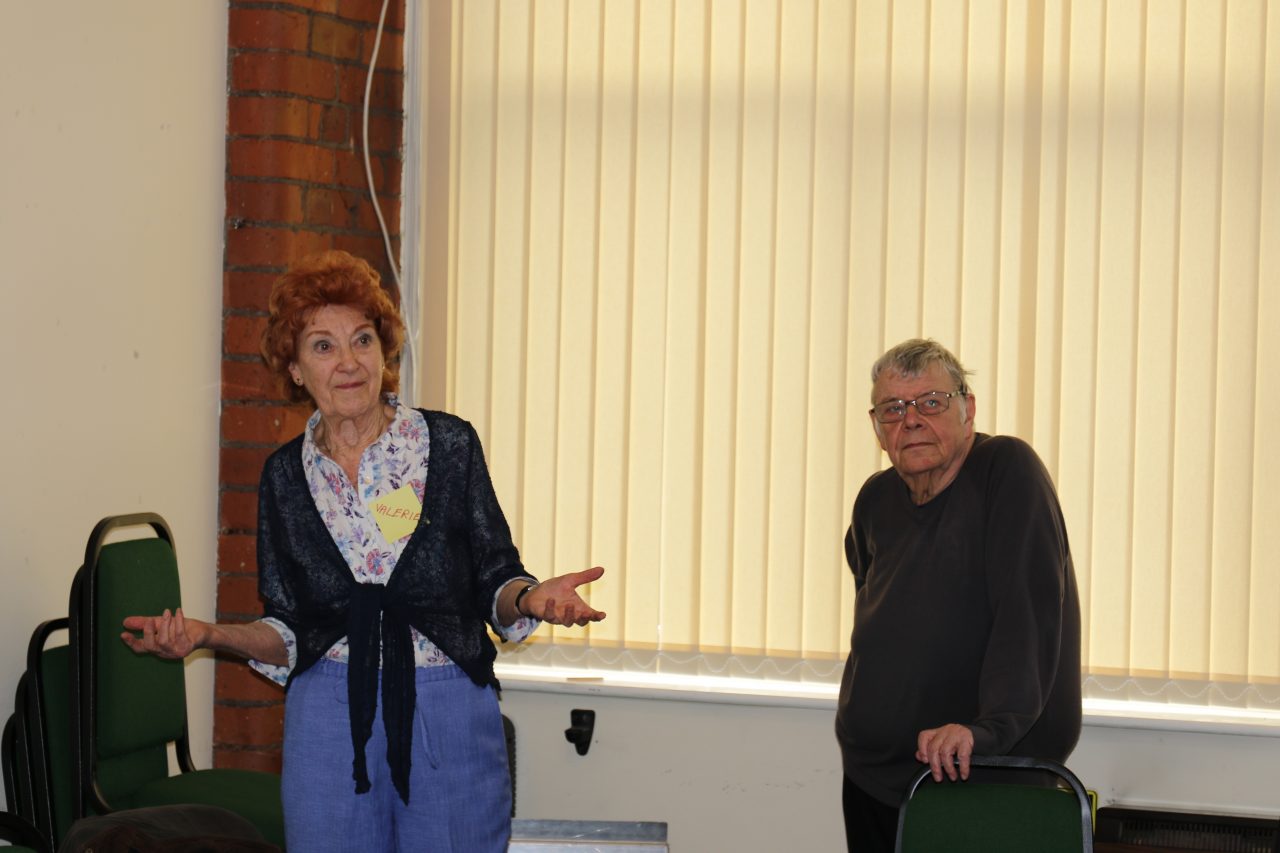
How can I get involved?
Organisation and individuals who are interested in supporting Economy’s work on the National Conversation can sign up to our email list here.
You can also check out our website, sign up for our newsletter, come along to one of our crash courses or download our schools resources.
Otherwise, just get out there and get talking!



